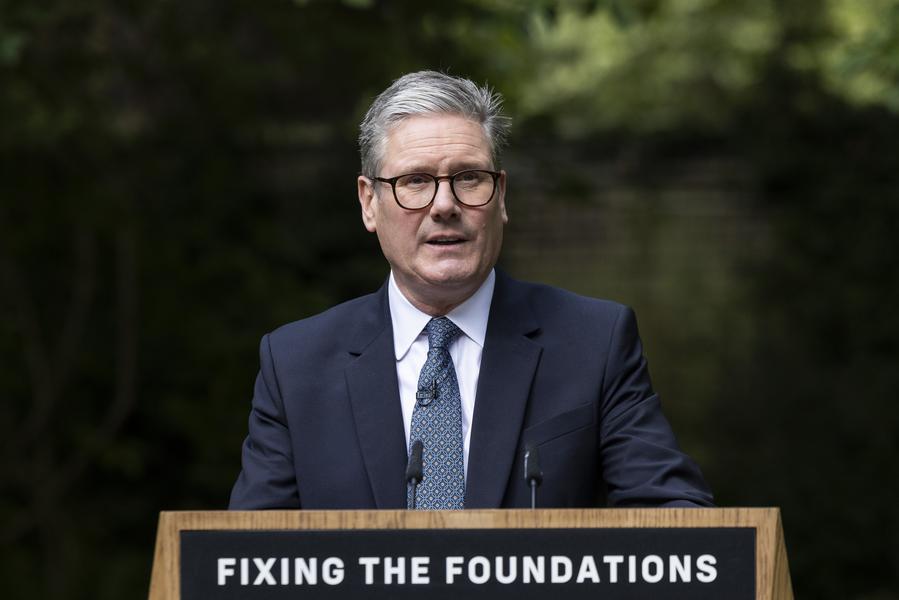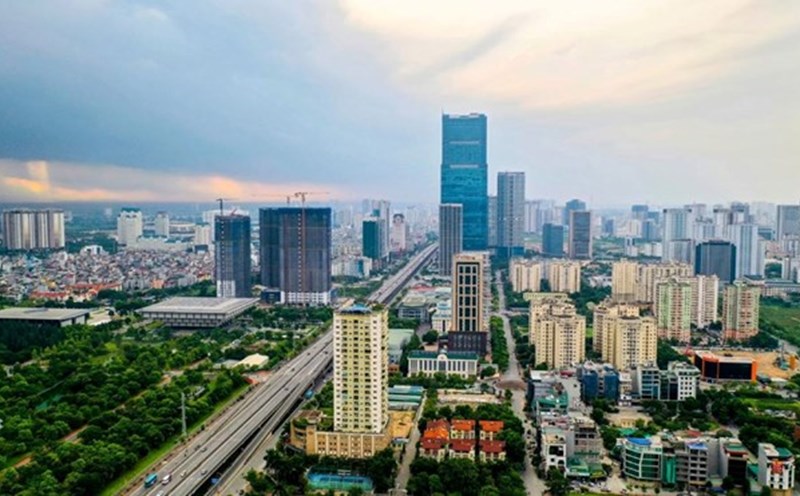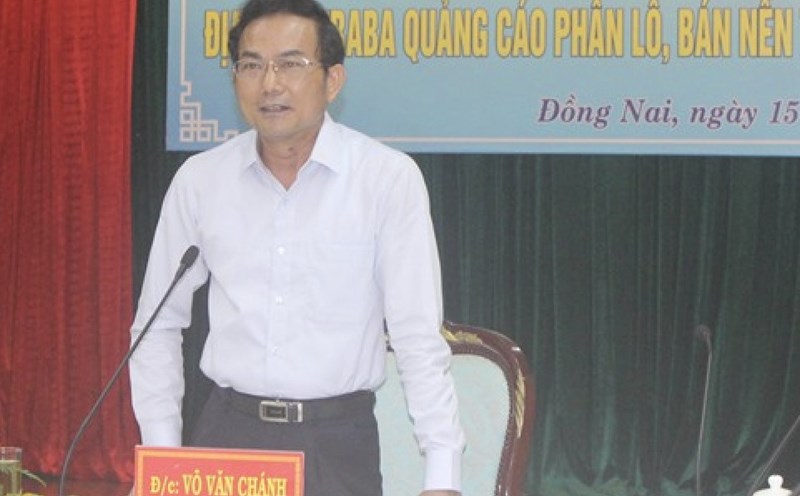Reuters reported on March 31 that British Prime Minister Keir Starmer's spokesman said that the military leaders of the UK, France and Ukraine will meet in the coming days to discuss plans to strengthen security for Ukraine.
The spokesman said the focus of the meeting was to "promoting the next phase of the detailed plan" agreed during a phone call between Prime Minister Starmer and Ukrainian President Volodymyr Zelensky, which took place after a conference on March 27 in Paris of the "voluntary alliance" of European countries supporting Kiev in dealing with Moscow.
At this meeting, France and the UK continued to seek to expand their support for the plan to establish a peacekeeping force in Ukraine in the event of a ceasefire agreement with Russia. Prime Minister Starmer said on March 17 that more than 30 out of 44 European countries are expected to join the plan to deploy forces to Ukraine.

In a separate statement, Mr Zelensky expressed his appreciation for the UK's stance in putting pressure on Russia, and stressed the need to increase pressure in the context of Moscow's continuous expansion of its military campaign in Ukraine.
In another development on March 31, the Kremlin said Russia and the US were working to find a peaceful solution for Ukraine as well as improve bilateral relations, which were severely damaged under the previous administration in Washington.
However, the plan to establish a peacekeeping force led by the UK and France is facing many mixed opinions.
According to RT, on March 29, thousands of French people took to the streets to protest President Emmanuel Macron's military approach to the situation in Ukraine.
The protest was organized by former statesman Florian Philippot of the far-right National Group (RN) and members of the Those who love the country party. In early March, the party also led another protest in Paris to protest the plan to deploy nuclear weapons to some of its Western allies under Mr. Macron's plan.

In videos recorded by RT, the demonstrators marched across several streets in Paris, shouting protest slogans and calling on France to leave NATO. Some raised banners with the words: "We will not sacrifice for Ukraine", in the context of France's announcement of the next arms aid package worth more than 2 billion USD to Kiev.
The UK government has also faced internal opposition. On 23 March, some British officials said it was too early to discuss the plan as the Russia-Ukraine conflict showed no signs of cooling down.
Some defense officials said Prime Minister Starmer had " gone too far" when he and some European leaders recently discussed the possibility of air and sea support for Ukraine in the post-conflict period.
An unnamed official said the plan to deploy peacekeeping forces was just a political play, noting that Mr. Starmer seemed to be considering a plan to send troops to fight without really understanding the nature of the problem.
On the Russian side, Moscow not only opposed the plan but also affirmed that the deployment of soldiers from the US-led military bloc, despite being a peacekeeping force, still significed NATO's direct participation in the conflict, leading to direct confrontation with Russia.











